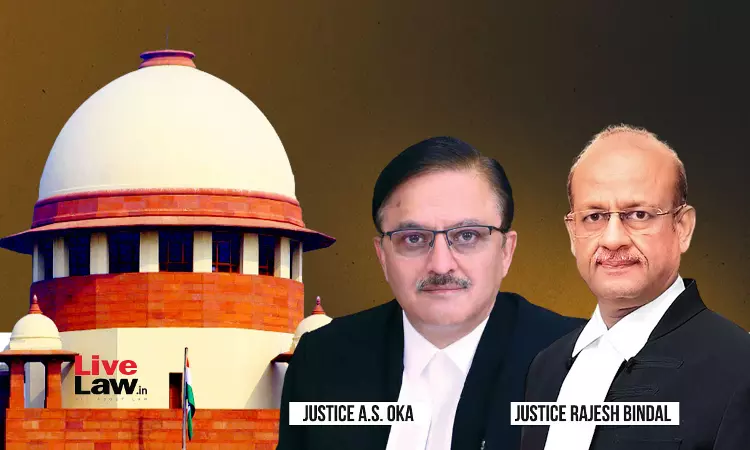Failure To Plead Material Facts Concerning Alleged Corrupt Practice Is Fatal To Election Petition: Supreme Court
Parina Katyal
27 May 2023 3:41 PM IST

Next Story
27 May 2023 3:41 PM IST
The Supreme Court has ruled that failure to plead material facts concerning alleged corrupt practice is fatal to the election petition. The top court observed that when allegations of corrupt practice is made against an elected representative in an election petition, the proceedings virtually become quasi-criminal. Further, the outcome of such a petition is very serious, which can oust...
